
An accelerator for ambitious coordinated research

CREATING A NEW PATHWAY FOR AMBITIOUS RESEARCH
Brains is an accelerator that helps talented scientists and technologists execute on ambitious research visions that are beyond the scope of individual academic labs, startups, or large companies. These visions range from upending the way we deal with carbon to how we understand chronic disease or observe the universe.
WHY A COORDINATED RESEARCH ACCELERATOR
Coordinated research programs are an alternative model for scientific research and technology development that is too big or engineering-heavy for a single academic lab, but too research-heavy for startups. Since DARPA began in 1958, its successes (including the internet, GPS, and mRNA vaccines) have inspired the creation of many other government institutions (ARPA-E, ARPA-H, ARIA, SPRIND) and nonprofits (Blueprint Biosecurity, Convergent Research, Speculative Technologies). These programs can take a lot of different shapes, but in general, they have some systemic or institutional reason why they won’t work in a single lab or startup, and they aim to complete a precise goal in a finite amount of time.
Coordinated research programs depend on empowered, visionary, and competent individuals with a critical balance of skills. Despite growing interest in new kinds of research institutions, the path to leading a coordinated research program remains opaque and largely driven by luck. Brains is working to change that by establishing a pathway and training for scientists to become leaders of coordinated research programs. Fellows could become program managers in a government ARPA or other research agency, run a program within an established nonprofit, or raise money to create their own focused research organization.
THE FELLOWSHIP
Brains provides training, mentorship, and connections to help scientists and technologists design and execute on coordinated research programs. If they already have a home for their program, Brains helps them take their idea and their ability to execute on it to the next level. Think YCombinator for coordinated research programs.
Brains supports fellows with:
Training
The accelerator focuses on calibrating risk and reward, thinking at the level of coordinated programs, and using best practices for program design and management.
Mentorship
Experienced mentors from DARPA and beyond help rapidly refine fellows’ ideas for execution and impact.
Networks
The team and our community connects fellows to funders, partners, and peers; helping them find the organizations and people they need to execute on their idea – whether that is a funder for an FRO or a role in an ARPA organization.
Brains is a remote, 15-week, part-time program, bookended by two in-person events – a 2-day kickoff workshop and the Brains Showcase. Every week fellows will:
-
Meet with their mentor who has experience in the trenches at DARPA, ARPA-E or other coordinated research organizations.
Spend several hours on personalized activities that help embed lessons and drive towards running an effective program.
Attend a small group meeting to discuss the week’s work with their peers.
Attend a panel or closed-door fireside chat with FRO founders, ARPA leaders, and philanthropists.
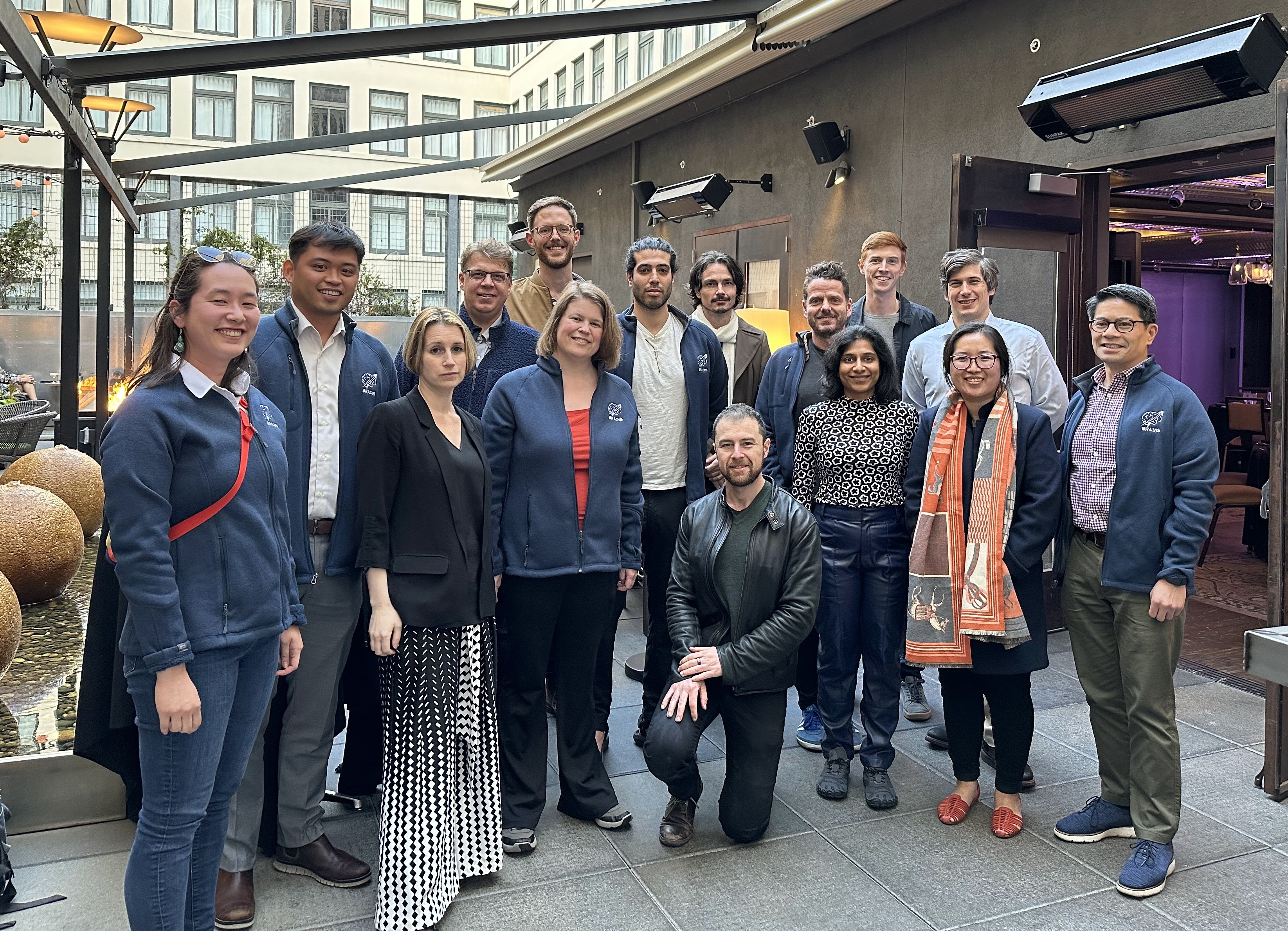
Meet the incredible first cohort. You can read more about them here.
Check out a supercut of our first Brains showcase!
Key Dates For 2026 Cohort
October 1, 2025: Applications open.
October 16, 2025: Q&A Session #1.
November 5, 2025: Q&A Session #2.
November 18, 2025: Application deadline.
January 12, 2026: Admission decisions finalized.
February 24-26, 2026: In-person kickoff.
June 9, 2026: Brains Showcase.
FAQ
If you have any questions that aren't answered on the FAQ, please email us at brains@spec.tech
Fuck Yes.
An ideal participant:
- Has a deep technical background, a PhD or has done PhD-level research, and several years of work experience.
- Has one or more ambitious ideas that don’t fit into existing institutions. (See “what kind of idea should I have?” for more)
- Has worked both inside and outside of academia.
- Has a strong bias towards action.
- Is comfortable with acting under uncertainty.
- Is interested in pursuing their ideas by getting a new role and/or starting a new (not-vc-funded) organization to pursue their ideas.
Of course, there are exceptions to every rule, especially on the frontiers of human capabilities.
You can see the first cohort of Brains fellows and their ideas here.
Yes!
Ideally, ideas would be ambitious “big-if-true” research-y ideas that have clear technical goals. Ideas should be poor fits for single academic labs or startups.
Check out our Research Leader’s Playbook for more on what ideas make good coordinated research programs. You can also see the first cohort of Brains fellows and their ideas here.
No - we welcome ideas from any scientific field.
At minimum, ideas should be developed enough to create a compelling one-pager with precise arguments. More developed ideas are great!
It will not cost fellows anything! We will reimburse you for travel costs to the kickoff event and showcase.
No. For more details, see “what kind of time commitment is this?”
~10 hours/week for 15 weeks, including meetings and independent work. You will need to be able to commit to one hour for a group activity, plus one hour of 1:1 mentoring per week and to attend both the in-person two-day kick-off meeting and showcase at the beginning and end of the program, respectively.
No.
All fellows need to be able to attend meetings during continental US working hours. In addition, we can only cover flight costs equivalent to those within the continental US
The program will last 15 weeks, from late February 2026 to June 2026.
Applications will open on October 1, 2025. We will make the link to the application very easy to find on this page.
The application will ask for a LinkedIn profile and answers to six short answer questions loosely based on DARPA’s Heilmeier catechism.
November 18, 2025.
January 2026.
Email us at brains@spec.tech!
No, Speculative Technologies is a nonprofit organization and the Brains initiative is supported by Emergent Ventures and other donors.
TEAM

Director
Ben Reinhardt
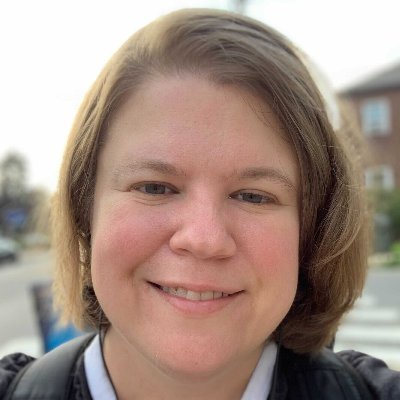
Operations Lead
Jessica Alfoldi
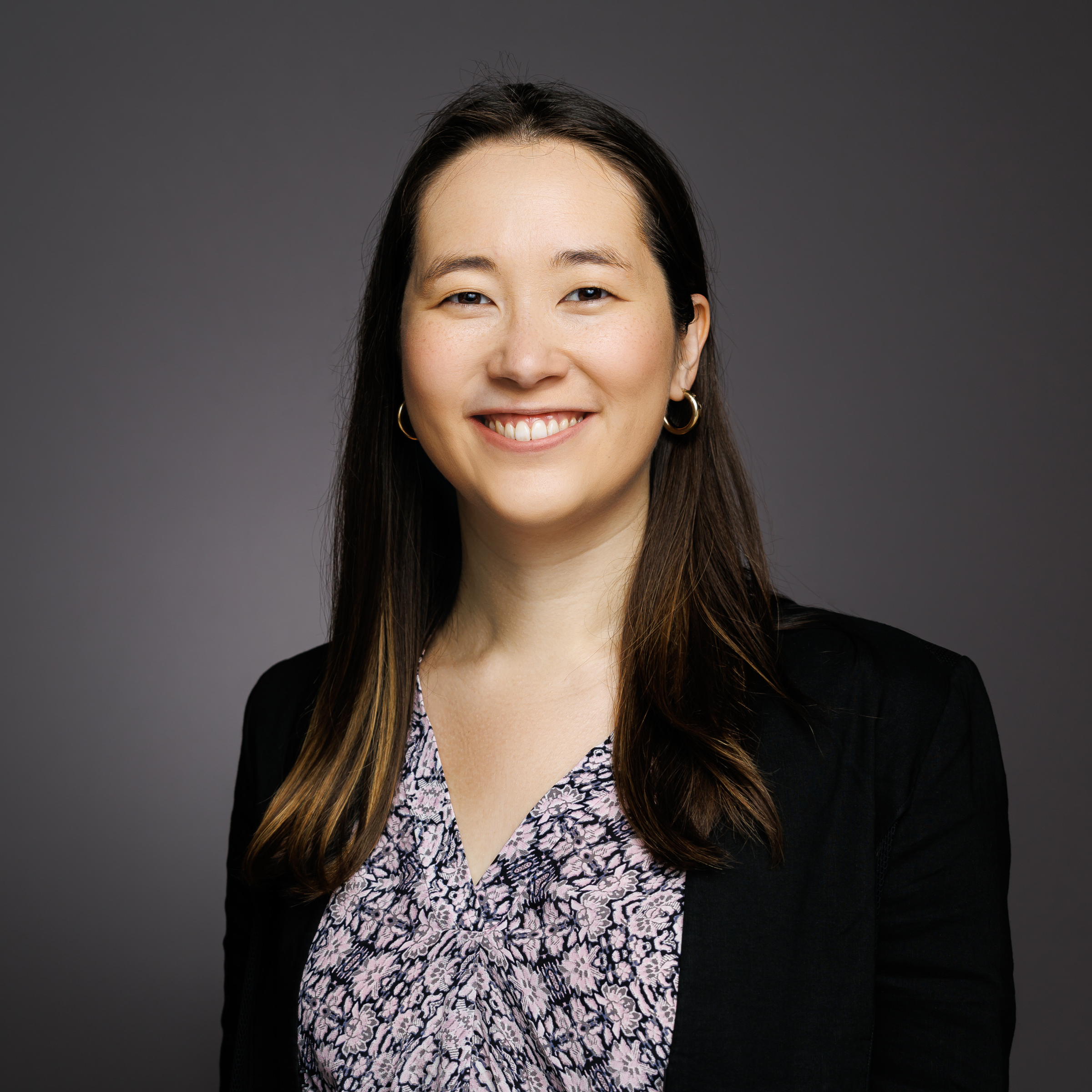
Program Manager
Eileen Nakahata
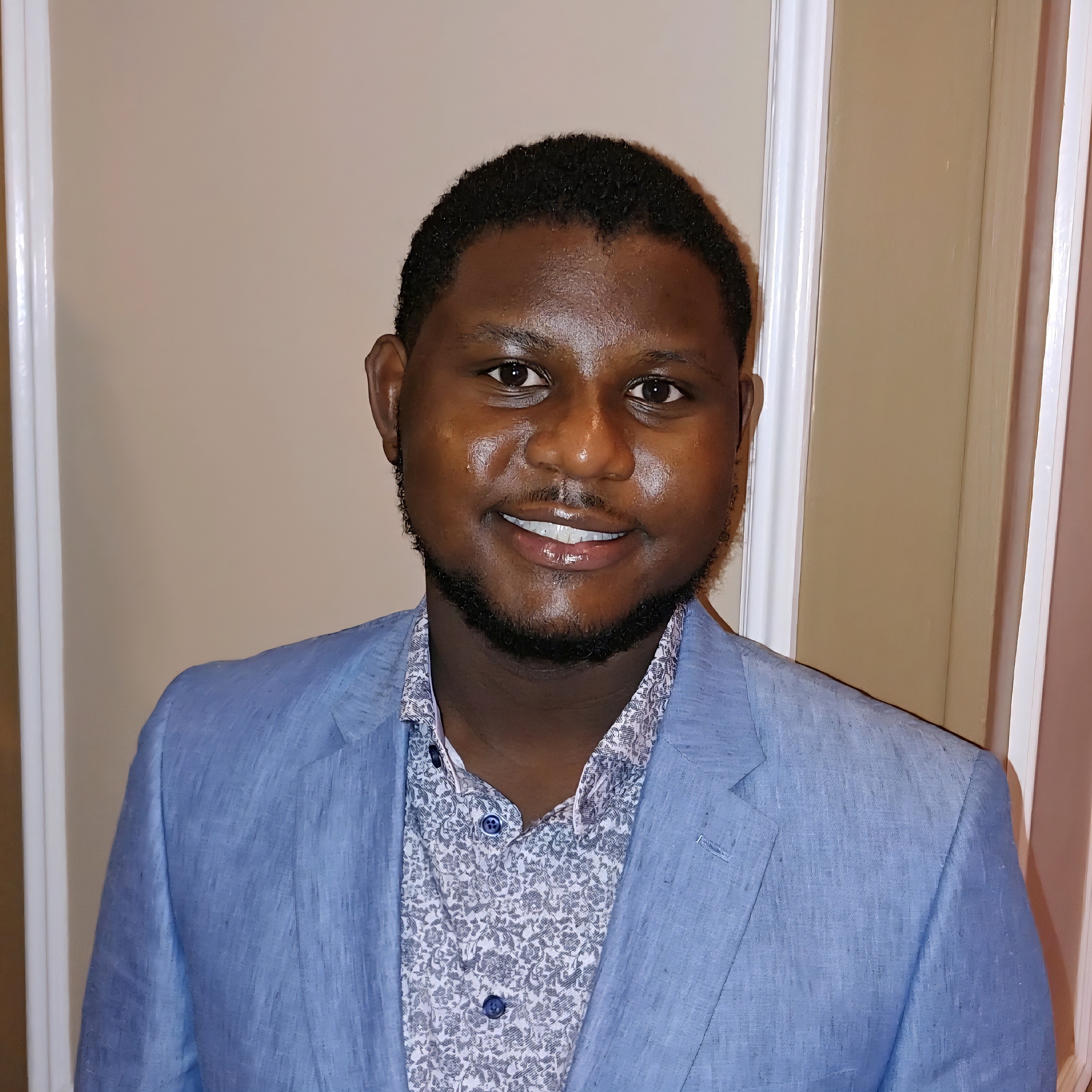
Program Associate
Laurent Lochard

Advisor
Aimee Rose
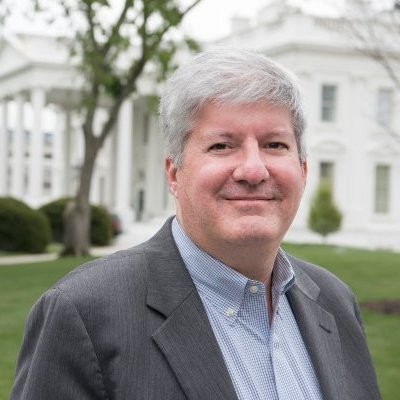
Advisor
Tom Kalil
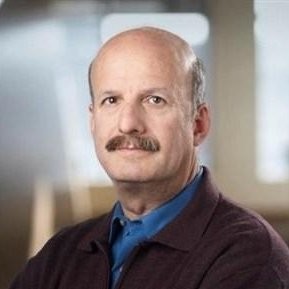
Advisor
Steven Buchsbaum
